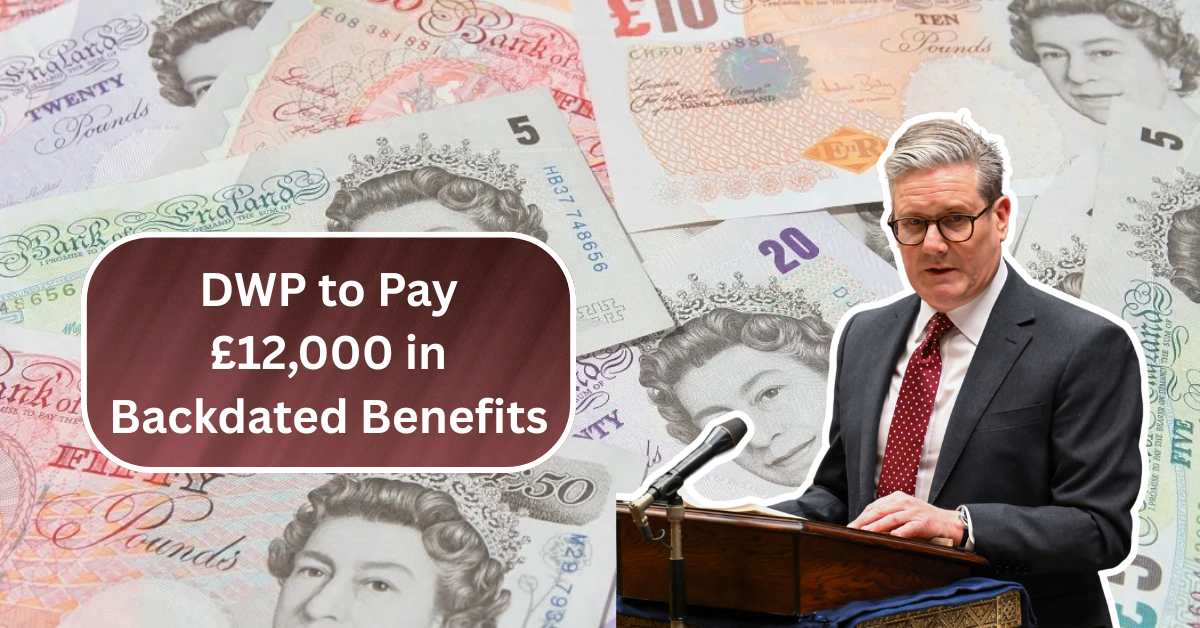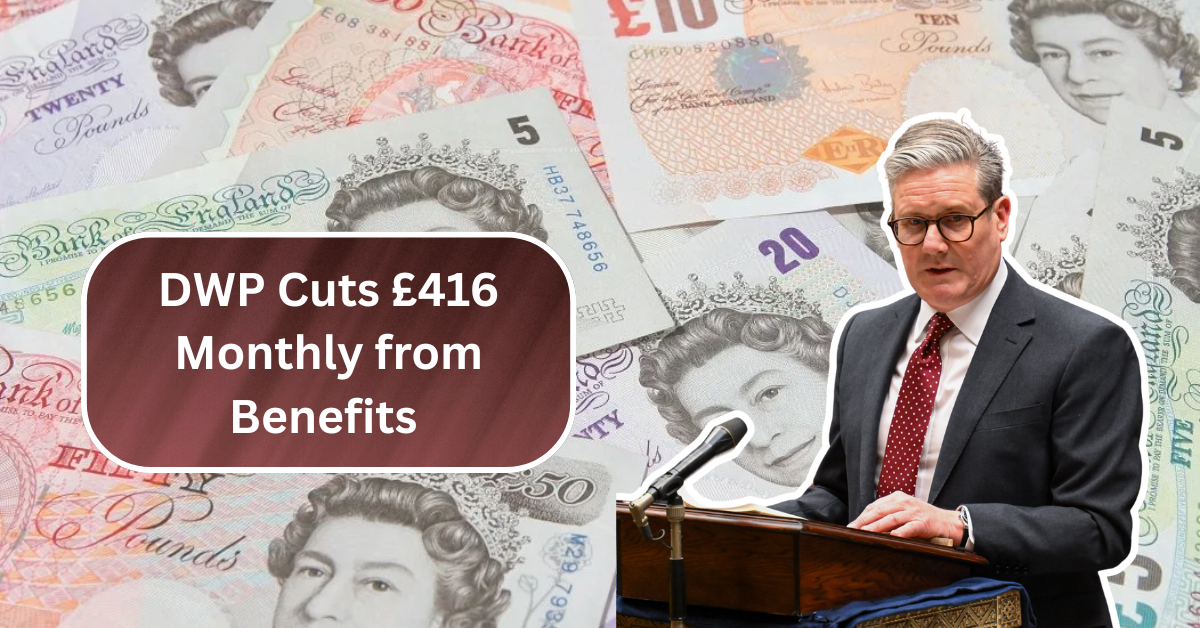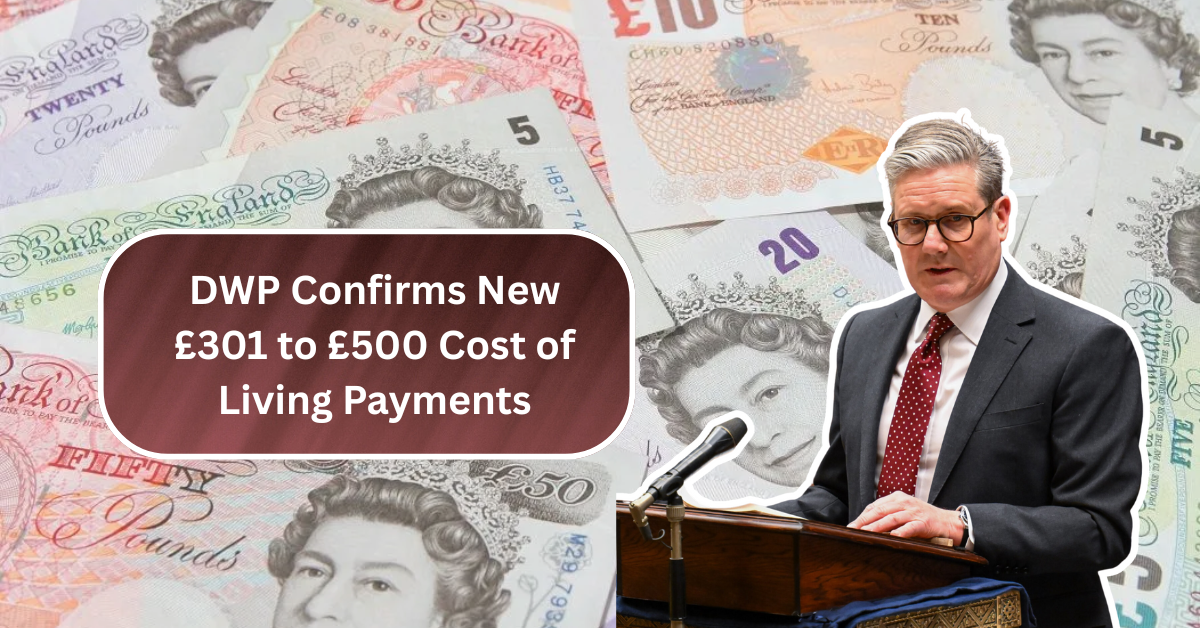The Department for Work and Pensions (DWP) in the UK is now preparing to pay out up to £12,000 in backdated benefits to certain people who were previously denied the full amount they were due. This comes after a long-standing issue where many claimants were underpaid due to delays in transferring from older benefits systems to Universal Credit or because of policy changes that didn’t affect everyone equally.
If you’re someone who’s received benefits in the last few years, there’s a chance you might be owed money. Here’s everything you need to know about the DWP payout, who qualifies, and how to check if you’re eligible.
What’s This DWP Backdated Payment About?
This Article Includes
This large compensation effort is part of the DWP’s move to fix payment mistakes made during the transition to Universal Credit. Thousands of people who were on Income Support, Employment and Support Allowance (ESA), or Jobseeker’s Allowance (JSA) didn’t get the right payment when moved over.
According to court rulings and government reviews, these individuals were underpaid for months—sometimes even years. Now, the government is taking action to correct this, and those affected could receive payments between £1,500 and £12,000, depending on their situation.
Who Qualifies for the Payment?
The payment mostly applies to:
- ESA claimants who were moved from older benefits between 2011 and 2014
- People who didn’t receive the Severe Disability Premium (SDP) they were entitled to
- Those affected by administrative errors during benefit transitions
Not everyone will qualify, but if you were on benefits between 2011 and 2020, it’s worth checking your eligibility.
You may also qualify if:
- You live alone and receive care
- You were not receiving Carer’s Allowance
- No one claimed Carer’s Allowance for you
- You have a disability that qualifies you for extra benefits
Even if you’re no longer on benefits, you can still claim backdated pay if you were underpaid during the eligible period.
How Much Could You Get?
The amount of money a person gets depends on how long they were underpaid and what kind of benefits they were missing. Most payments will range from £1,500 to £5,000, but in some rare cases, it could go up to £12,000 or more.
Here’s a rough breakdown:
| Time Underpaid | Possible Amount |
|---|---|
| 6 Months | £1,000–£1,500 |
| 1–2 Years | £2,000–£5,000 |
| 3+ Years | £6,000–£12,000+ |
These are only estimates, and the actual amount can differ depending on personal situations.
How to Check If You Are Eligible
The DWP is not contacting everyone automatically, which means you might need to check manually.
Here’s what you can do:
- Contact the DWP directly through their helpline or website
- Speak to a welfare advisor or someone at Citizens Advice
- If you think you were underpaid, submit a request for a review
- Provide all documents or letters related to your old benefits
You can also use free online tools provided by support websites to check if you qualify.
Why Is This Happening Now?
The government was pressured after reports and court decisions revealed that thousands were not receiving the full benefits they were owed. In many cases, vulnerable groups like disabled individuals were affected the most.
The payout is an effort to make things right and bring fairness to the system. It’s also a reminder to always double-check your benefits and speak up if something feels wrong.
What You Should Do Next
If you think you may have been underpaid:
- Act quickly – the sooner you reach out, the sooner your case can be reviewed
- Keep records or bank statements from your time on benefits
- Reach out to advisors or support groups for help
- Watch out for official DWP letters or texts
Many people miss out just because they don’t know they’re eligible. Don’t let that happen to you.
Final Thoughts
This DWP payout is a big deal—especially during a time when every rupee or pound matters. If you’ve been on benefits in the past and felt something wasn’t quite right, now is the time to act. You could be sitting on thousands of pounds in back pay without even knowing it.






